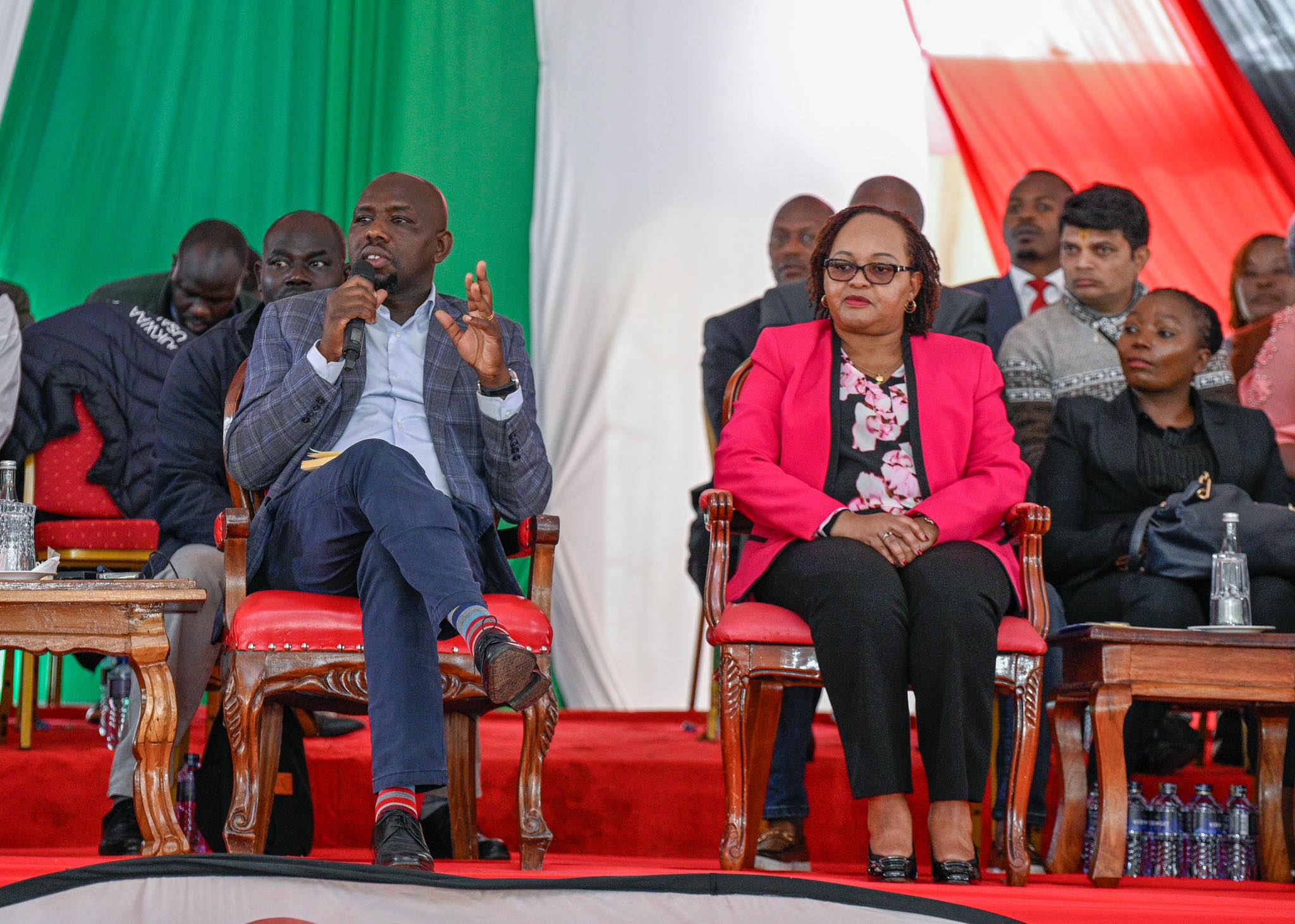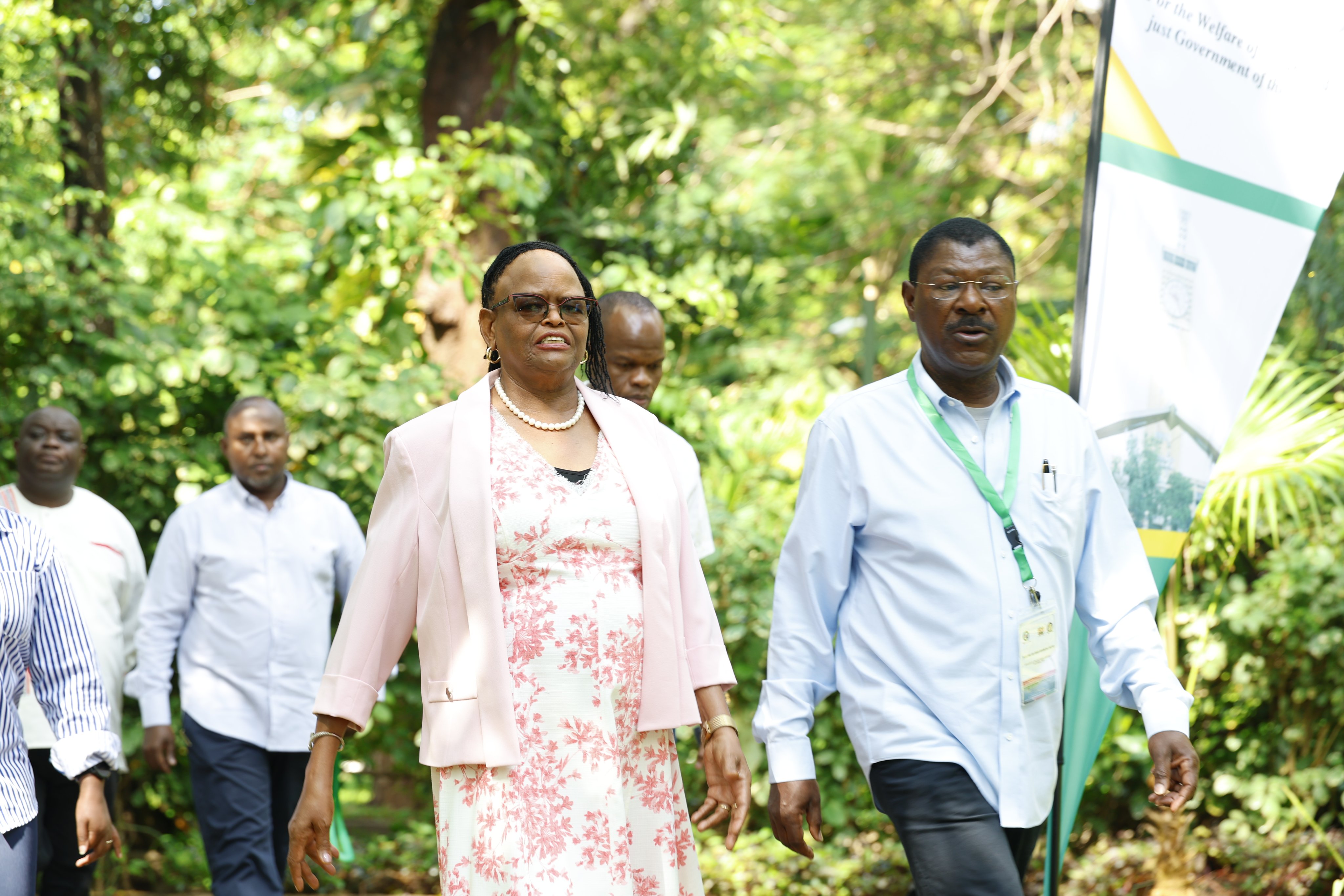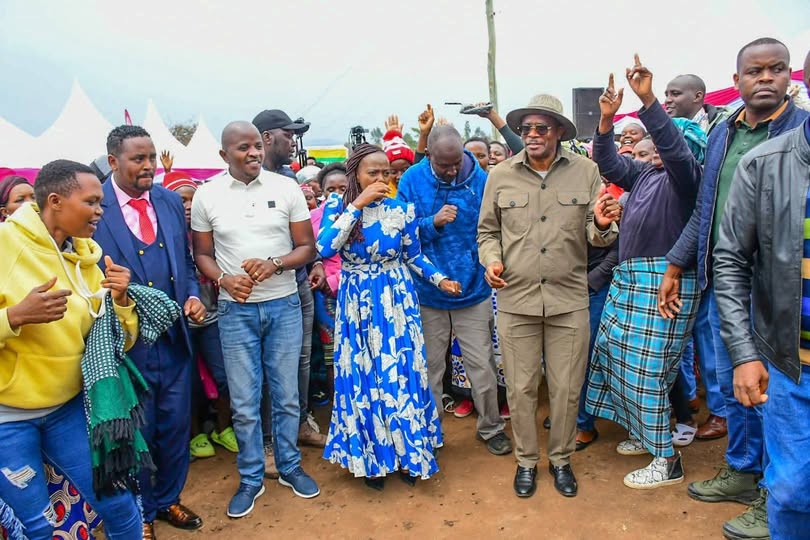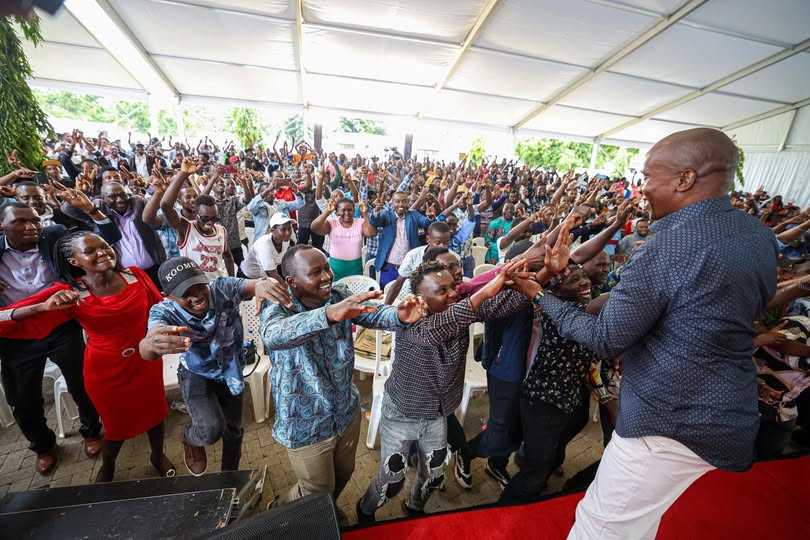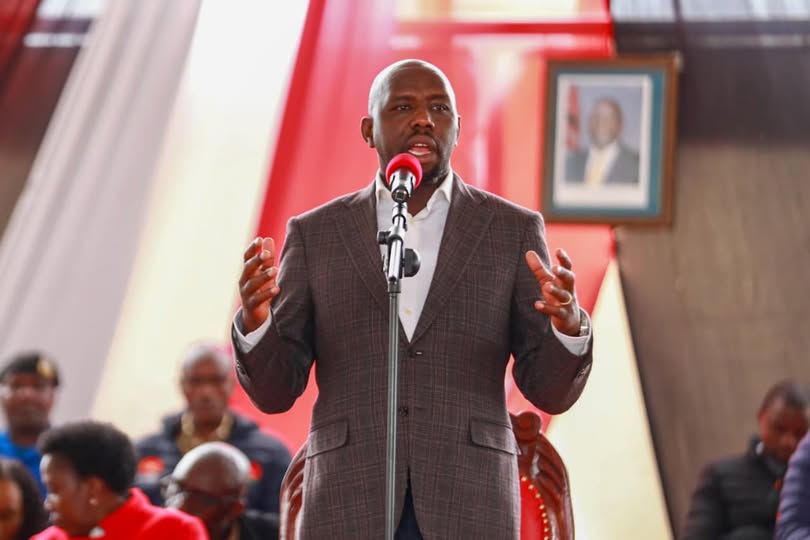Ruto leadership style exposed as former trusted allies turn bitter foes
A critical look at President Ruto's leadership, marked by rising internal dissent, alleged corruption, and diminishing opposition, sparking national debate on governance, transparency, and accountability in Kenya.
Never has a Kenyan President come under such intense scrutiny, relentless evaluation, and piercing criticism for his perceived shortcomings and alleged blatant incompetence as President William Ruto has since assuming office in 2022. The unrelenting bare-knuckle attacks and public mudslinging targeting the head of state initially began with the Azimio-led opposition, who had positioned themselves as the fiercest watchdog of the Kenya Kwanza administration. However, an intriguing twist has since emerged. Those now throwing the most potent verbal blows at the president are no longer members of the opposition. Instead, they are his former close allies—once top lieutenants who have undergone a dramatic transformation, rebranding themselves into his harshest critics almost overnight.
One only needs to listen to the caustic remarks, pointed criticisms, and vivid allegations made against the president to grasp the gravity of this fallout. These accusations, whether true or not, have significantly contributed to peeling back the curtain that once shrouded the presidency in secrecy, exposing its inner workings in unprecedented ways to the bewilderment and dismay of many Kenyans. Meanwhile, the Azimio opposition—once described as "fire-breathing" in their criticism—seems to have lost its spark. Many of their prominent figures have either been co-opted into the government machinery or have chosen a strategy of silence, even as public outcry over critical national issues reaches a crescendo. It is common knowledge that several of these opposition figures now hold key ministerial portfolios within the Kenya Kwanza government, yet they continue to deny being part of the government, as though proximity to power doesn’t implicate them.
Their previous boldness in holding the government to account has now dissolved into muffled murmurs—quiet grumblings that serve no one, least of all the people they once claimed to represent. The once-vibrant opposition landscape has morphed into a political twilight zone where accountability is elusive, and the line between the opposition and the government grows increasingly blurry.
The dramatic and very public rift between President Ruto and his Deputy, Rigathi Gachagua, marked a pivotal moment in this political saga. When the fallout unfolded, many political commentators began drafting Gachaguas political obituary. To them, the writing was on the wall. The opportunity to ride at the heart of power had slipped through his fingers, and all that was left was for him to retreat into political obscurity. Detractors expected Gachagua to quietly disappear into the shadows of Wamunyoro, drowning in self-pity and reflecting on what could have been.
However, what transpired was far from that expectation. Gachagua defied the script. He re-emerged not as a silent casualty of political power struggles but as a whistleblower, laying bare what he alleges are the autocratic tendencies and corrupt operations at the very top of government. According to him, stripped of official powers, he may have lost access to the trappings of office, but he found a new voice—one that many in the country are now listening to with interest, if not concern.
In a similar vein, former Cabinet Secretary Justin Muturi echoed these criticisms, describing the current Cabinet as “timid,” cowed into submission by a president who allegedly micromanages them under a tight grip. Muturi didn’t mince his words; his most stinging remark being that the president is “incorrigibly corrupt” and, by extension, “incompetent to lead” the nation. These are not accusations thrown from across the aisle—they are bombs dropped by those who once worked shoulder-to-shoulder with the head of state.
Gachagua’s claims about the power dynamics within State House have also caused a stir. According to him, individuals like Farouk Kibet and Dennis Itumbi, previously perceived as minor political figures, are actually wielding immense power behind the scenes. Farouk, he claims, has so much influence that ministers reportedly tremble in his presence. Gachagua paints him as a “co-president,” alleging that even the Inspector General of Police and other top government officials report to him. Similarly, he accuses Itumbi of micromanaging the president’s diary to the extent of barring meetings, including between the president and his deputy.
These revelations, or perhaps allegations, raise serious questions. The goings-on inside State House, as depicted by these former insiders, suggest a level of opacity, favoritism, and authoritarianism that shakes public confidence in the presidency and its ability to govern transparently and fairly. They paint a picture of a government that may be driven not by institutional frameworks and accountability, but by informal networks and shadowy figures.
This heightened scrutiny is not unwarranted. As more public offices come under the microscope, a shift is taking place. There is a growing awareness among Kenyans that public service is not a private affair but a sacred trust—entrusted to leaders who must act in the publics best interest. Transparency, accountability, justice, and responsibility are not just optional virtues; they are the cornerstones of legitimate governance.
As such, the president’s words, decisions, and associations matter. They shape the country’s direction and either build or erode the trust of the people. More than ever, the Kenyan public is alert, questioning, and engaged. And rightfully so. The presidency, like all public offices, must be held to account. Because ultimately, governance must be for the people—not for a select few.


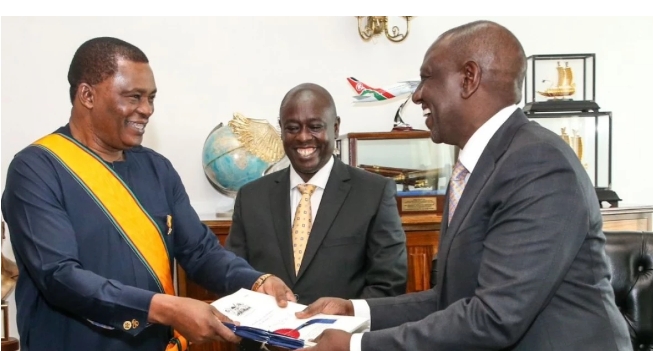

.webp)
